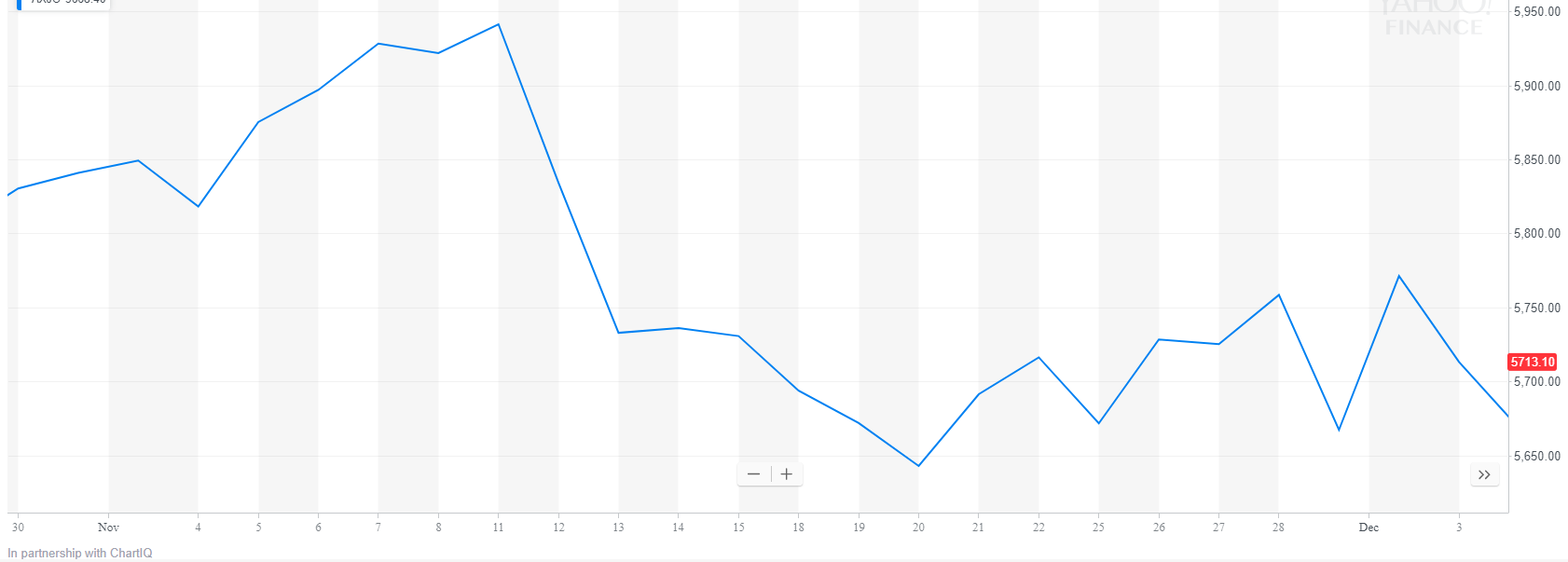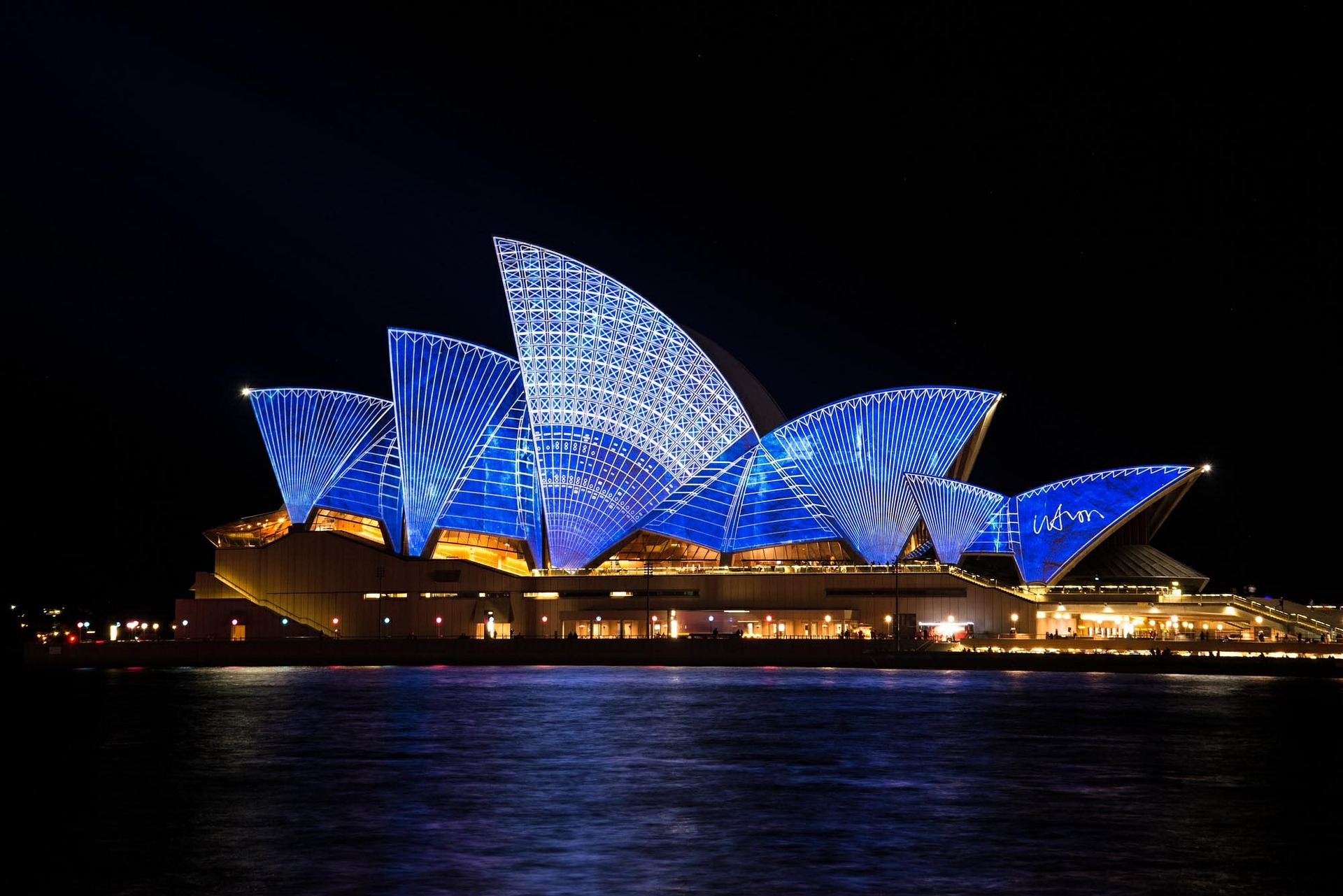Despite the return of market volatility, the Australian ETF market saw a 0.8 per cent ($320m) increase in total market cap, according to BetaShares' November report.
Following a steady decline throughout October, the Australian equity market in November was a month of two halves. The S&P/ASX saw slight improvements in the first half of November but then quickly turned around in the latter half.

S&P/ASX 200 Source: Yahoo Finance
With the increase in the Australian ETF market cap of 0.8 per cent, the total market cap sits at $41.1bn. This is a 16 per cent increase ($5.6bn) in the last 12 months, says BetaShares.
BetaShares has launched 10 new products which have listed on the ASX. This includes Australia's first actively managed fixed income ETF which accompanies the 247 ETFs currently trading on the stock exchange.
The report says the categories which faced the largest inflows included International Equities, Fixed Income and Australian Equities with values of $242,720,347, $188,761,742 and $137,465,727, respectively. As the return of volatility in the equity market over the last couple of months, Australian bonds was the largest sub-category in terms of inflows for November.
In tandem with the markets decline, short products faced the most outflows as investors attempted to seize as much profit as possible. Second to the short category was currency ETFs as a significantly large volume of US Dollar ETFs were sold throughout November.



